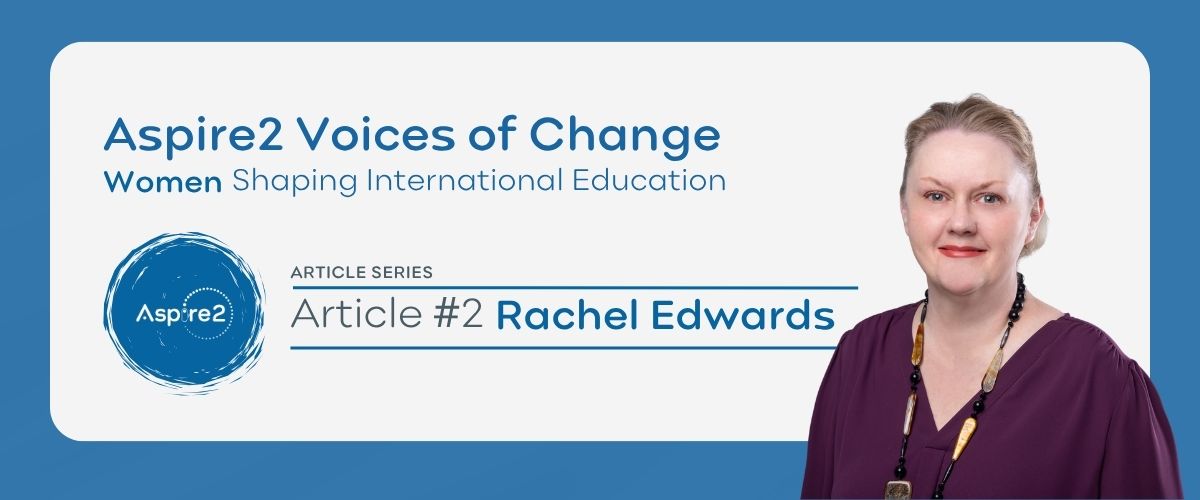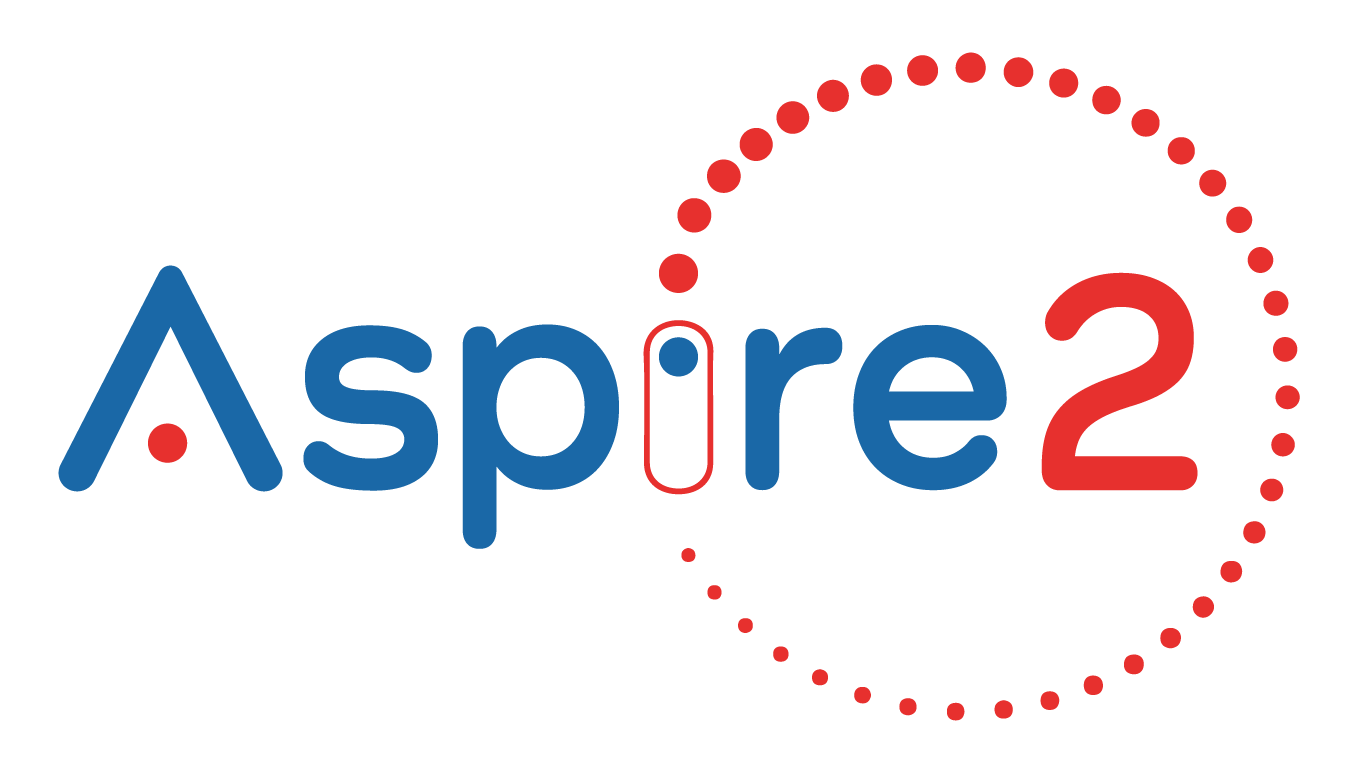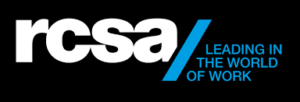
Aspire2 Article Series: Voices of Change, Women Shaping International Education
Article #2 – Rachel Edwards, Head of School Secondary, Singapore
With over 30 years of experience internationally, Rachel Edwards, has built a career grounded in creativity, courage, and care. From her first leadership role to guiding diverse international teams, Rachel continues to champion environments where young people feel safe, heard, and inspired. In this conversation, she reflects on what drives her, the lessons learned, and the evolving role of women in educational leadership.
What first inspired you, to step into educational leadership, and what has kept you motivated along the way?
At the beginning of my career 30 years ago, I stepped into middle leadership roles in my school because there was a need. I was new to teaching but wanted to support the development of the department I was in. Six Asian countries later and in my third Secondary headship I have always wanted to create experiences in schools for young people where they felt safe, heard and challenged. When I became a Head, I had led curriculum and pastoral care teams and along the way developed a broad toolkit in very different contexts with intersectional teams. This certainly kept me motivated to do better and to ‘deliver’, meeting teams in schools ‘where they were’ and working to reach the next level. It’s fair to say that I don’t resonate with following conventions, I like to be creative and think outside of the box. My drive is absolutely rooted in wanting to challenge myself, this is part of my DNA for sure.
What has been one of your proudest achievements in educational leadership?
Teachers don’t realise how influential they are in changing the lives of young people. This work matters.
When I look back over a 28-year history of international teaching and leadership, I see the faces of the students who made it through and often against the odds and who are now thriving. I also see professionals in the teams I’ve led in schools now leading schools themselves, making the difference we all aspire to, and I am thrilled because I was there at the beginning of their careers and leadership journeys in international education. I believe the fundamental role of school leaders is to develop others, and I love seeing leadership teams bringing vision to reality and seeing how far they can push themselves to be even better at what they do for students. I have been able to harvest very special moments from every school, and they’ve all been very different.
What challenges have you faced as a female leader, and how have you navigated them?
I chose from the beginning to focus on the things that I could control and to filter out the noise of what others might think, opting to use my own values as a compass and follow my own instincts. I do think women are expected to prove themselves more, and there are negative stereotypes and occasions which will make you question whether you are seen and heard. How you respond is probably the key.
Many women in senior leadership are also raising families, with and without partners, and the level of multitasking among women is something to behold. The research supports that we are a long way from gender equity in school leadership. I am a WomenED network lead in Singapore, and in the opportunities, we create for women in Education, time and time again, women talk about not having the confidence to apply for a role or advocate for themselves. By focusing on yourself and what you can do and demonstrating your skills as a leader, your gender should be irrelevant. The pay gap persists and whether boards that ultimately make decisions on headships have preconceived views of female leaders should always be considered. I have been lucky to have been given opportunities by people who saw something in me throughout my leadership journey, perhaps because I was so determined and energised that I would fix or elevate something that would positively impact students. But I also now, in my more senior years, own the fact that I have also earned opportunities and demonstrated skills, adopting agency for my own growth in many different contexts.
How do you see leadership evolving in international schools today, and what unique perspectives do women leaders bring to this space?
International education is fast-paced and multi-faceted; change is constant in education, especially internationally and therefore adaptability and flexibility are now vital for all school leaders. All success rests on establishing and nurturing strong relationships and excellent collaboration within and across teams. You must know your schools and your people to constantly improve. There is a real urgency to support children and families transiting into and out of international schools. Whilst I don’t believe leadership traits and skills should be ascribed to any one gender, perhaps the tendency for women for greater empathy and community building helps to develop positive mission-driven cultures. Successful female leaders in my experience have been very resilient.
If you could change one thing in the education sector to better support women in leadership, what would it be?
More questions need to be asked with intent about why there are few female principals. The slow pace of change means that talented women are not making it to the boardroom where they could have a positive influence. Women in school leadership need to coach and mentor other women in and beyond their schools and create the time and space for growth. After all, they have walked the leadership path themselves.
When in a leadership role, women should be given the opportunity to receive professional coaching, so they have an objective and safe space to work through navigating the complexity of leading schools.



